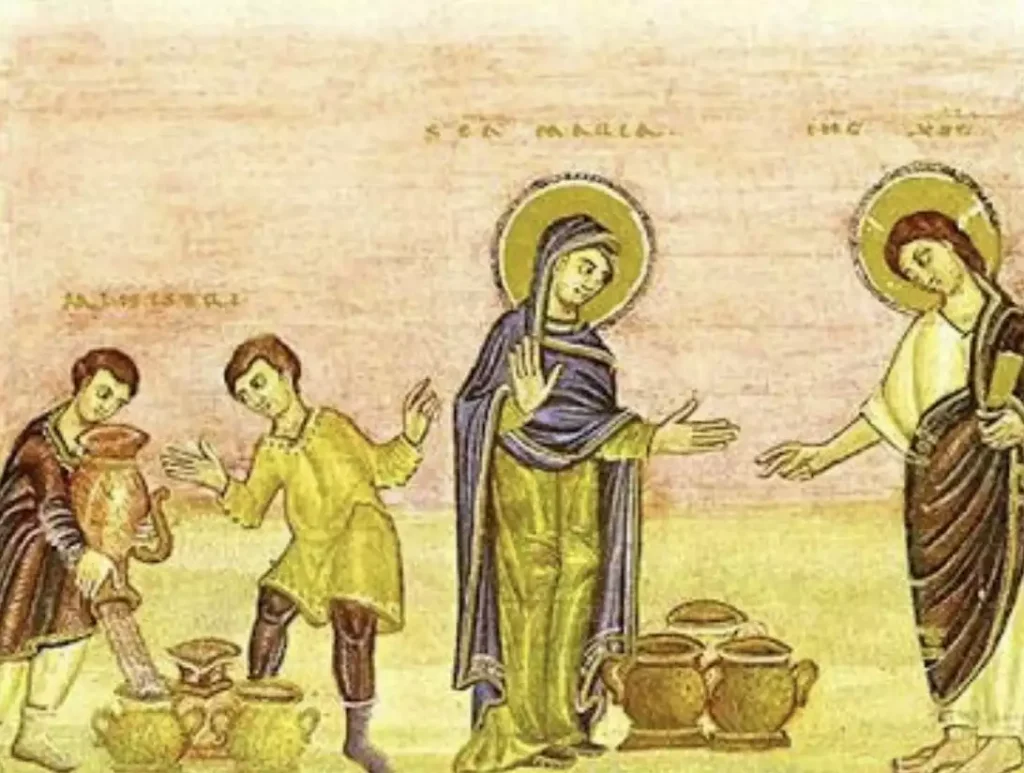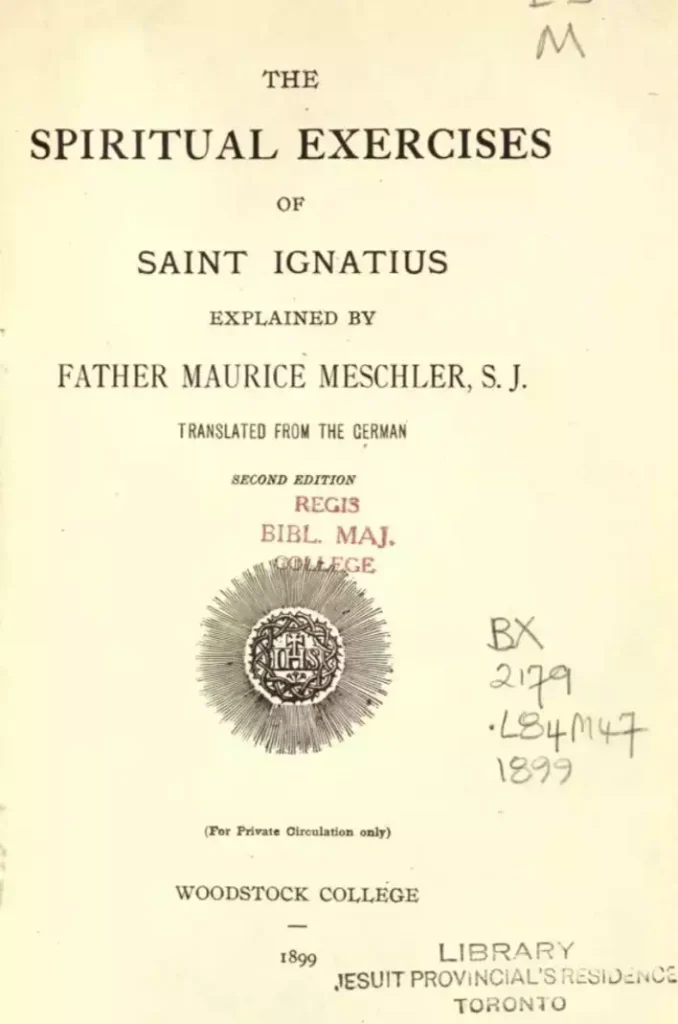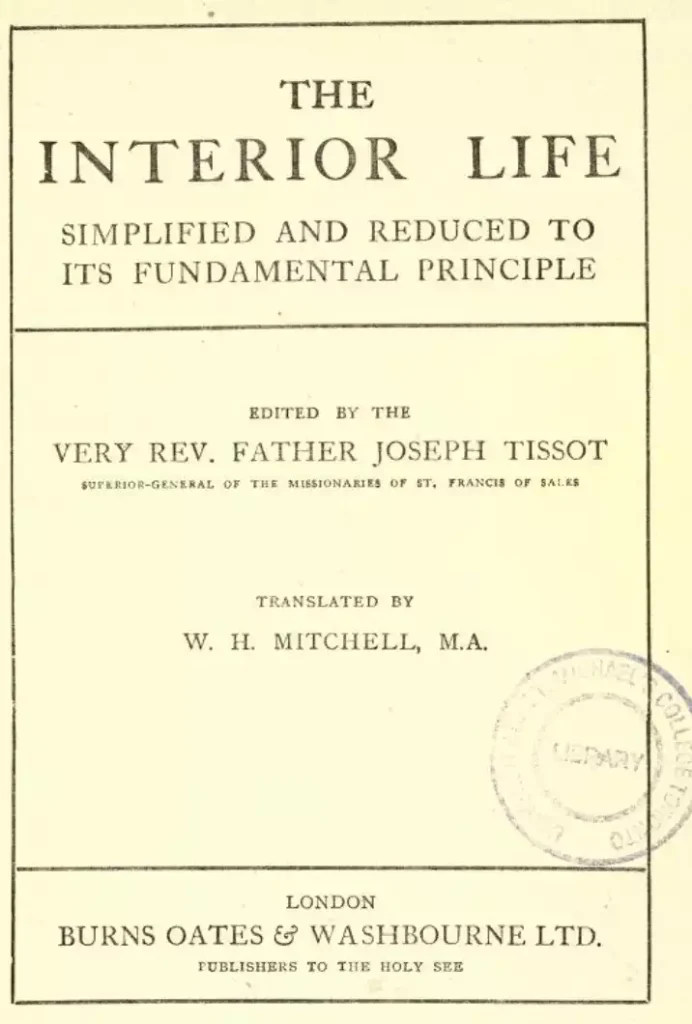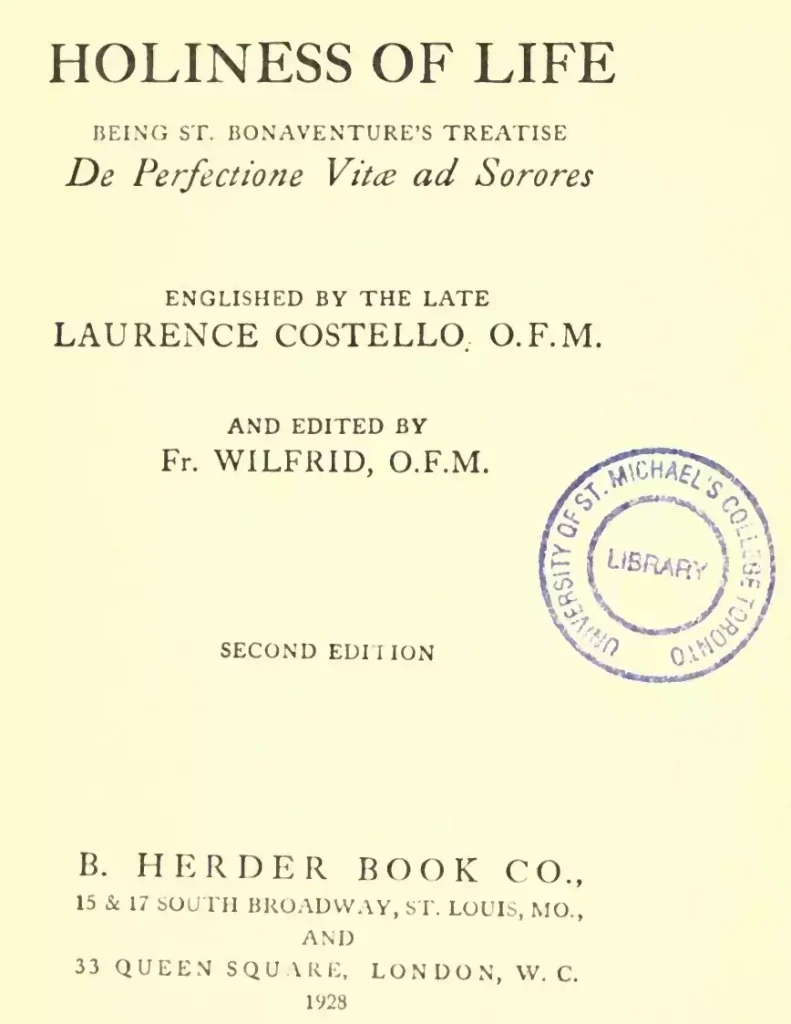Marriage: A Gift from God, a Commitment to Grow Together

Marriage is a holy sacrament instituted by God, uniting man and woman as “one flesh” in a mystical union of love. This divinely ordained covenant has a twofold purpose: the spiritual perfection of the couple and the procreation of children. Defining the Sacrament of Christian Marriage The sacrament of marriage unites man and woman in […]
Yieldeth | καρποφορέω | Verb
Etymology and Semantic Analysis The English word ‘yieldeth’ is often translated from the Greek word ‘καρποφορέω’ (karpo-phoreō), a compound of ‘καρπός’ (karpos, meaning ‘fruit’) and ‘φέρω’ (pherō, meaning ‘to bear or bring’). It denotes the action of bearing fruit or producing a yield and is primarily used in agricultural contexts. This verb appears in the […]
You-ward | πρὸς ὑμᾶς (pros hymas) | Preposition
Etymology and Semantic Analysis The term ‘you-ward’ in English translations, particularly seen in older versions like the King James Version, is translated from the Greek prepositional phrase πρὸς ὑμᾶς (pros hymas). ‘You-ward’ signifies direction or orientation towards someone, akin to ‘toward you’ in contemporary English. The Greek πρὸς denotes motion towards a specific point, often […]
Youthful | νεανίας (neanias) | (is it noun)
Etymology and Semantic Analysis The English word ‘youthful’ is derived from the Old English ‘geoguð’, denoting the period between childhood and adulthood. In the New Testament, the Greek equivalent ‘νεανίας’ (neanias) is used, primarily signifying a young man or youth. This term appears in various contexts, often highlighting the vigor, vitality, and potential characterizing this […]
Younger | νεώτερος (neōteros) | Adjective
Etymology and Semantic Analysis The English word ‘younger’ finds its roots in the Old English ‘geongra’, a comparative form of ‘young’, meaning less in age or junior. In the New Testament, the Greek equivalent, ‘νεώτερος’ (neōteros), appears, reflecting a comparative degree of youth or being newer. The semantic range of ‘νεώτερος’ goes beyond just chronological […]
Youth | נעורים (Hebrew) | na’ar (Name)
Etymology and Semantic Analysis The English word ‘youth’ refers to the early period of life, particularly the time before one reaches adulthood. This word is translated from the Hebrew word ‘נעורים’ (na’ar), which also means young person or youth, but its usage in biblical texts carries a broader context. In the Old Testament, ‘na’ar’ is […]
Young | νέος (neos) | Adjective
Etymology and Semantic Analysis The English word ‘young’ traces back to the Old English ‘geong,’ signifying ‘youthful’ or ‘in the early part of life.’ In the New Testament, the Greek equivalent is ‘νέος’ (neos), primarily denoting ‘new’ or ‘young’ in age. This term appears in various contexts, shedding light on different aspects of youthfulness and […]
Yield | καρπός (karpos) | Noun
Etymology and Semantic Analysis The English word ‘yield’, often associated with produce or results, finds its roots in the Old English ‘gieldan’, meaning to pay or return. In biblical Greek, the term καρπός (karpos) carries a broader connotation, often translated as ‘fruit’, ‘yield’, or ‘produce’. It’s encountered in various contexts, ranging from literal fruit from […]
Doctrine | διδασκαλία (didaskalia) | Noun
Etymology and Semantic Analysis The term ‘doctrine’ is derived from the Latin ‘doctrina’, meaning teaching or instruction. In the New Testament, the Greek word translated as ‘doctrine’ is διδασκαλία (didaskalia), primarily signifying what is taught. The semantic range of διδασκαλία encompasses teachings, instructions, and precepts, especially those of a religious nature. This term appears notably […]
Biblical Distress | θλῖψις (thlipsis) | Noun
Etymology and Semantic Analysis The term ‘distress’ in English translations of the Bible mainly corresponds to the Greek word θλῖψις (thlipsis), a noun that signifies pressure, affliction, or tribulation. This word is deeply evocative, painting a picture of being compressed or squeezed, signifying severe mental or societal pressure. The usage of θλῖψις is widespread in […]
Disciples | μαθητές (mathētēs) | Noun
Etymology and Semantic Analysis The English word ‘disciple’ is derived from the Latin ‘discipulus’ meaning ‘learner,’ which translates the Greek word μαθητής (mathētēs). This Greek term signifies one who engages in learning through instruction from another, a pupil or an apprentice. The concept is notably prevalent in the New Testament, primarily referencing the followers of […]
Despise in the Bible | καταφρονέω (kataphroneō) | Verb
Etymology and Semantic Analysis The word ‘despise’ originates from the Old French ‘despire,’ or Latin ‘despicere’ meaning to look down on or scorn. In the New Testament, the Greek verb καταφρονέω (kataphroneō) carries the meaning of thinking little or nothing of, to view with contempt, or to disdain. This word occurs in several key verses, […]
Desolate in the Bible | ἔρημος (erēmos) | Adjective
Etymology and Semantic Analysis The word ‘desolate’ in English, conveying a sense of abandonment or emptiness, is often translated from the Greek word ‘ἔρημος’ (erēmos), an adjective found frequently in the New Testament. This Greek term carries connotations of solitude, barrenness, and isolation, painting pictures of uninhabited and desolate places or the emotional state of […]
Desireth ἐπιθυμέω (epithumeō) | Verb
Etymology and Semantic Analysis The term ‘desireth’ finds its roots in the Old English ‘dēsīrian’, indicating a longing or yearning for something. In the biblical context, this word is predominantly translated from the Greek word ἐπιθυμέω (epithumeō), which is a verb. ἐπιθυμέω appears numerous times in the New Testament, carrying a range of connotations from […]
Desire in the Bible | ἐπιθυμία (epithymia) | Noun
Etymology and Semantic Analysis The English word ‘desire’ is a complex term encapsulating longing, craving, or a strong wish. Its Greek equivalent, ἐπιθυμία (epithymia), found in the New Testament, conveys a similar spectrum of intense yearnings, whether noble or ignoble. This term appears in various contexts, from the harmless longing for food (Philippians 1:23) to […]
Biblical Desert | ἔρημος (Greek), מדבר (Hebrew)
Etymology and Semantic Analysis The term ‘desert’ in the Bible is translated from the Greek word ‘ἔρημος’ (erēmos) and the Hebrew word ‘מדבר’ (midbar). In Greek, ‘ἔρημος’ primarily conveys the notion of a solitary, uninhabited, or desolate place. In Hebrew, ‘מדבר’ also suggests a wilderness or an uninhabited land. These words are often found in […]
Depart in the Bible | ἀπέρχομαι (Greek) | Verb
Etymology and Semantic Analysis The English word “depart” is derived from the Old French ‘departir’, meaning to divide or separate. In the Bible, its Greek counterpart is ἀπέρχομαι (apérchomai), a verb signifying to go away, leave, or depart. This word appears in several New Testament passages, reflecting various contexts. For instance, in Matthew 8:34, it […]
Fail Biblical Analysis | ἐκπίπτω / כָּשַׁל
Definition The English word ‘fail’ predominantly translates from the Greek ἐκπίπτω (ekpipto) in the New Testament, and the Hebrew כָּשַׁל (kashal) in the Old Testament. Both words convey meanings of stumbling, falling short, or failing in an endeavor. Biblical Occurrences in the New Testament In the New Testament, ἐκπίπτω appears in various contexts. Notably, in […]
Obedience | Virtue and Autonomy in Spiritual Life

The concept of obedience, often misunderstood in contemporary discourse, is a fundamental aspect of spiritual growth and virtuous living. It’s not merely a rigid adherence to authority but a voluntary surrender to a higher will, often represented by spiritual leaders or divine guidance. The Essence of Obedience in Spiritual Life Obedience, in the spiritual realm, […]
Theosis | Understanding Eastern Orthodox Christian Theology
Theosis, a foundational concept in Eastern Orthodox Christianity, represents a transformative process aimed at achieving unity or likeness with God. This divine principle, rooted deeply in the teachings of the Eastern Orthodox Church and Eastern Catholic Churches, underscores the ultimate purpose of human existence as envisioned in Christian theology. The process of theosis involves both […]
Great Lent | Eastern Orthodox Christian Observances

Great Lent, a significant fasting season within Eastern Christianity, marks a period of spiritual introspection and preparation for Pascha (Easter), the most celebrated feast in the Christian calendar. Originating alongside Western Christianity’s Lent, Great Lent possesses unique features and dates, deeply rooted in Byzantine tradition. The Origins and Purpose of Great Lent Eastern Orthodoxy’s Great […]
Spiritual Exercises of Saint Ignatius | A Profound Guide for Personal Transformation

The “Spiritual Exercises of Saint Ignatius” by Maurice Meschler, published in 1899, offers a transformative journey through the teachings of Saint Ignatius of Loyola. Meschler’s work stands as a significant contribution to the understanding of Ignatian spirituality, delving into the depths of self-reflection and communion with God. This text is not merely a guide but […]
Catholic Spiritual Life: The Interior Life Simplified and its Core Principle

François de Sales Pollien’s seminal work, “The Interior Life Simplified and Reduced to its Fundamental Principle”, is a profound exploration of spiritual life within the Catholic context. Published in 1912 by Burns Oates & Washbourne, London, and contributed to by the Kelly Library at the University of Toronto, this text delves deeply into the complexities […]
Holiness of Life, St. Bonaventure: A Treatise on Spiritual Perfection

“Holiness of Life” by St. Bonaventure is a seminal work in Christian spirituality, offering profound insights into the pursuit of sanctity and virtue. In this treatise, Bonaventure, a distinguished theologian and philosopher, delves into the essence of living a holy life, emphasizing the importance of humility, love, and devotion in the Christian journey. His eloquent […]
The Ladder of Divine Ascent: An Examination of Spiritual Journey
“The Ladder of Divine Ascent” by St. John Climacus, translated by Archimandrite Lazarus Moore, is a profound spiritual treatise that guides the reader on an ascetic journey towards divine enlightenment. St. John, an Abbot of Mount Sinai, originally composed this work for Abba John of Raithu, offering insights into the complexities of the human soul […]
